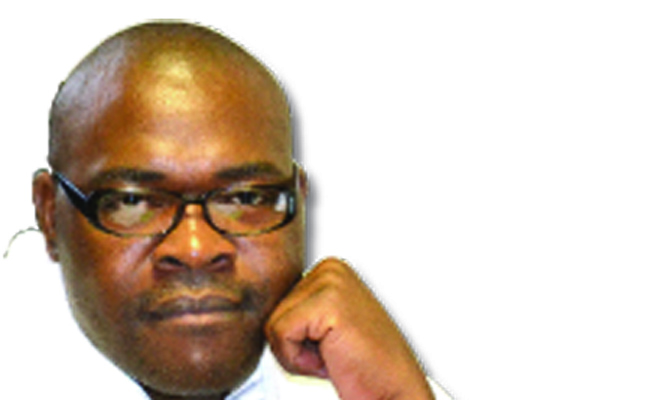
OF the estimated seven billion people in the world, more than 1,1 billion are black people in Africa. There are also several hundreds of millions of black people scattered across the world especially in Brazil, United States of America, Europe and other locations.
This together makes the black population globally larger than the total population of China or India.
However, in most of these locations, black people constitute the poorest race in the world. About three quarters of the world’s poorest countries are in Africa. This makes Africa the poorest continent in the world. About one in three people in sub-Saharan Africa are undernourished and is the highest in the world. Despite the growing black population, one million people especially children die every year due to preventable causes.
In the US and Europe, black people rank among the poorest races, while in Brazil they are the highest poverty stricken group compared to other races. Some 51% of the estimated 200 million people in Brazil identify themselves as black. For the US, Europe and Brazil views have been variant with some shying away from the historical causes such as slavery arguing that poverty is an effect of social stratification than race. The notion of equal opportunities has been used numerous times to cover-up for the real debate on the relationship between poverty, race and some important historical factors.

The common working definition of poverty by most development scholars borders around lack of access to opportunities, power and basic services. It is also described as lack of means to participate effectively in society, not having enough to feed and clothe, access to education, health care services and many others. The ‘lack of’ is often presented as if it is natural, as if one is created in a world of shortages and it is on its own a constructed reality. These various definitions have shaped how poverty is being approached and is also a reason why solutions arising from these approaches may not succeed as the real solution to poverty threatens the global status quo.
How a problem is defined shapes how it is addressed and is often the common approach to today’s poverty reduction programmes, when in fact it should be how a problem is caused which must inform how it is approached.
Perhaps the first question is why one race in the world is poorer than the rest no matter the geographical location. Could it be that black people were created intellectually poor and to depend on other races? These is not an easy question to answer especially that most of available literature and existing historical records are not written by black people. It would be ideal to start from the pre-colonial period as a baseline to benchmark progress of each race in different geographical regions.
- Chamisa under fire over US$120K donation
- Mavhunga puts DeMbare into Chibuku quarterfinals
- Pension funds bet on Cabora Bassa oilfields
- Councils defy govt fire tender directive
Keep Reading
Few authors have alluded that some kingdoms such as the Munhumutapa, Timbuktu, the Pharaohs and others were developing at the same pace as other big cities in Europe such as Geneva, London and others in the 13th and 14th centuries. Inter-regional trading terms and conditions were not imposed over other regions but discussed and agreed. All races then held their power deriving from their cultures and their governance system. This is notwithstanding the existence of internal fights within each region.
The colonial and slavery period did a lot of damage, but most specifically, it robbed black people of their power to self-define, choose and access and utilise available resources and opportunities. It wiped away the cultural base from which a people derive its power to make independent decisions and choices. Blacks were culturally re-organised and re-domesticated into a new way of life which is foreign to them. It is in fact that loss which is transformed as lack of access in many poverty definitions. Because they started into a life which is not theirs, they started from zero, from stage of nothingness – a stage of lacking.
For them to do anything, they have to pay to learn how to do it from the dominant culture. They dumped their own food and learnt new food and how to eat it. They abandoned their clothing, education, health care systems and others for colonialism was presented as the only way. They dumped their own identities and culture and assumed new ones which are unfortunately controlled elsewhere not anymore in their region.
They cannot make choices and decisions outside the parameters of what has been prescribed. They have been made docile followers of the dominant culture which they do not have control over after they lost the power to decide and make choices. They are in a state where they cannot exist outside the cultural world that colonised them. Even if they are given or assume leadership positions, they cannot perform without parochially referring to the rules and knowledge of the dominant culture.
This is why today, Africa as a continent is a consumer when it should be a producer. They cannot take leadership. Our leaders are followers of policies they never developed. The majority of us are happy to provide labour than to create projects because our confidence levels have been dented by the dominant culture. We have become so happily absorbed and comfortable with our second class citizenship status.
lTapiwa Gomo is a development consultant based in Pretoria, South Africa











